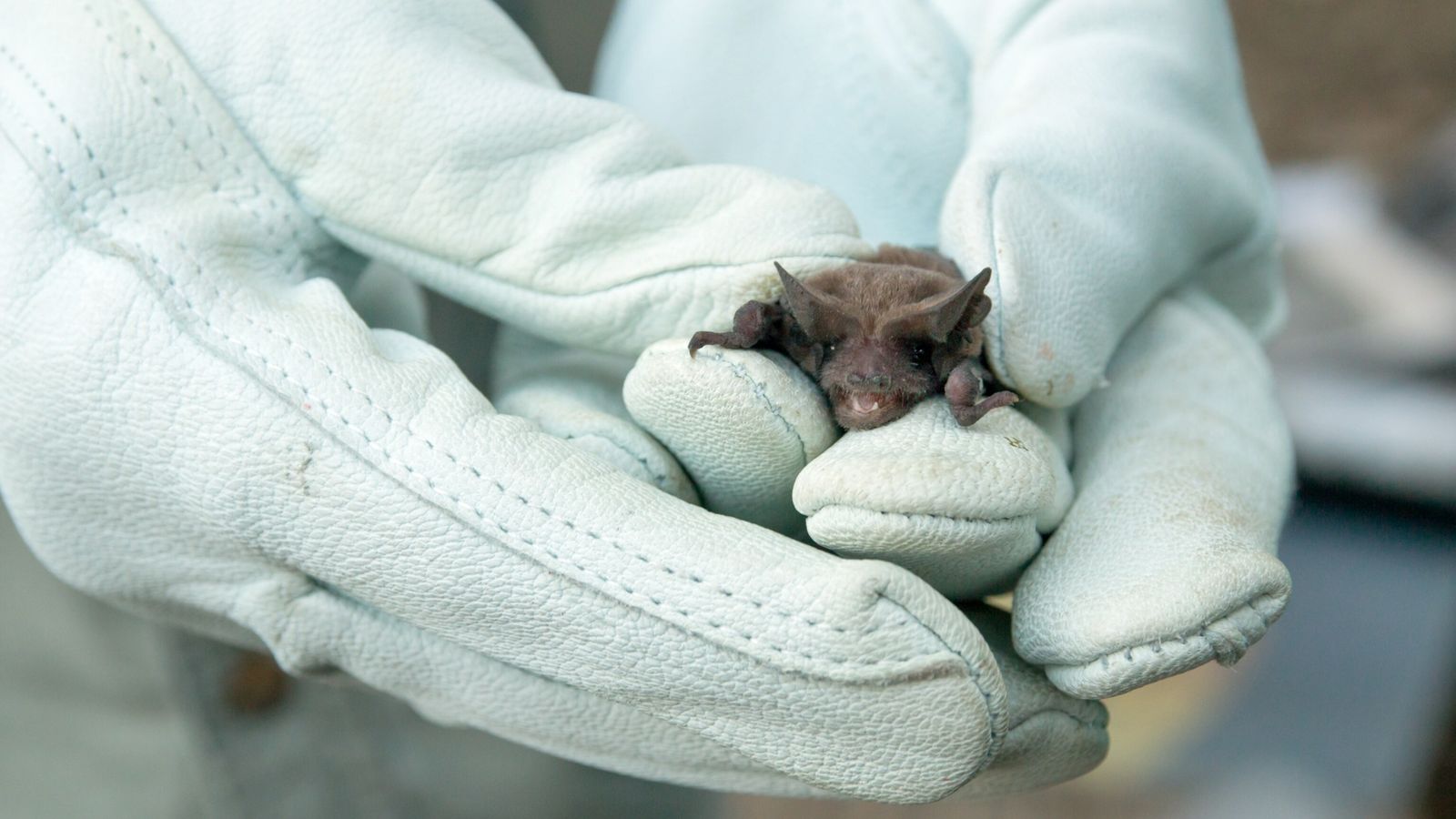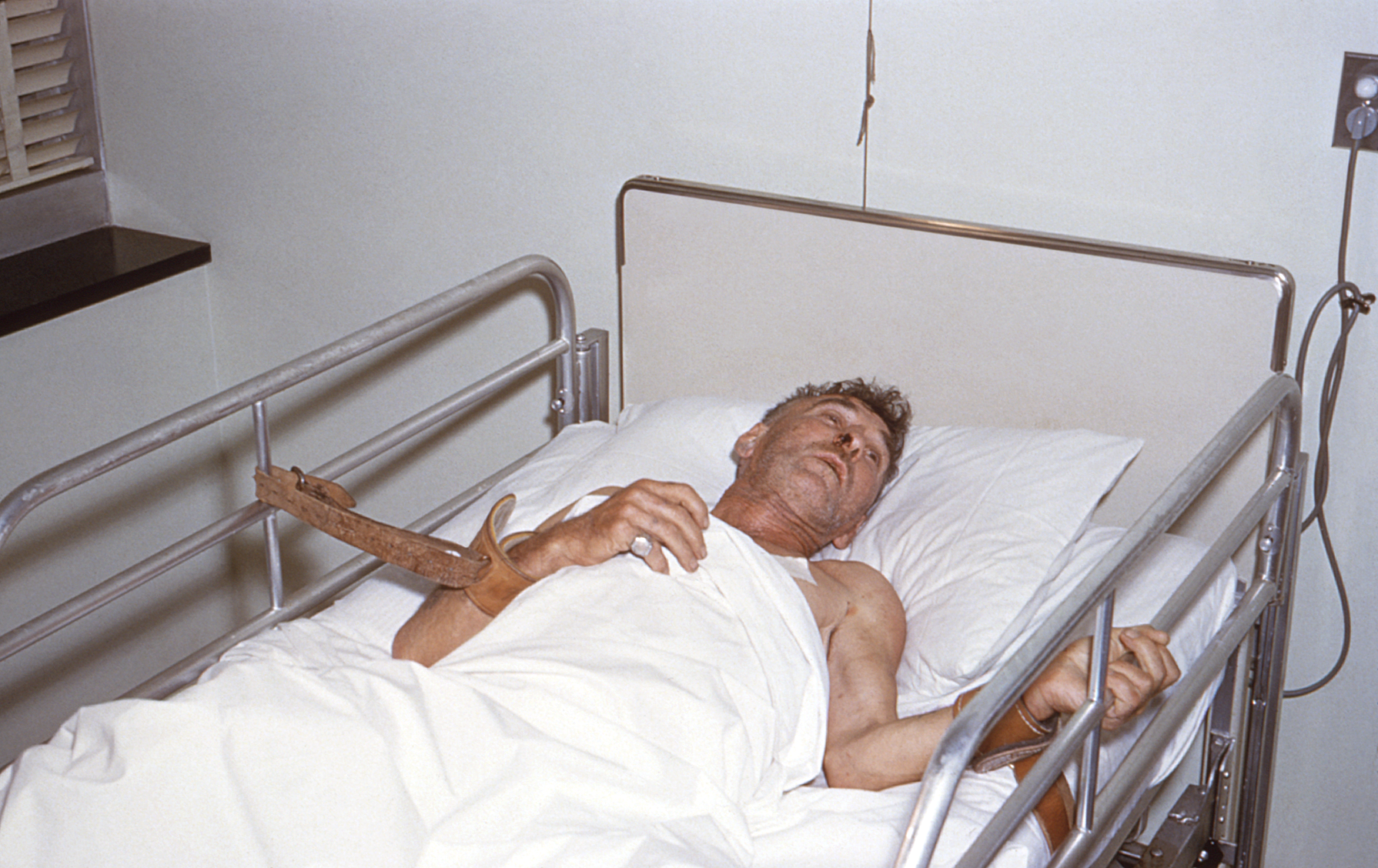Rabies is a serious, potentially fatal, viral infection that affects the central nervous system. It is transmitted through the saliva of infected animals, usually through a bite. In humans, rabies is almost always fatal if left untreated, so it is important to be aware of the symptoms and seek medical attention immediately if you suspect that you have been exposed to the virus.
The incubation period for rabies is typically one to three months, but it can range from a few days to a year. The early symptoms of rabies may include fever, headache, and general weakness or discomfort. As the virus progresses, more severe symptoms may develop, including:
Confusion and disorientation
Anxiety and agitation
Hallucinations and delirium
Difficulty swallowing
Excessive salivation and frothy saliva
Fear of water (hydrophobia)
Paralysis
If you have been bitten by an animal or suspect that you have been exposed to rabies, it is essential to seek medical attention immediately. The treatment for rabies involves a series of injections that can help to prevent the virus from taking hold in the body.
The first step in treating rabies is to thoroughly clean the wound. This helps to remove any remaining virus particles from the bite site. The next step is to administer a series of vaccinations to help the body build immunity to the virus. These vaccinations are typically given in the arm and may include:
Rabies immune globulin: This is a preparation of antibodies that helps to neutralize the virus and prevent it from spreading.
Rabies vaccine: This is a series of injections that help to stimulate the body’s immune system to produce its own antibodies against the virus.
It is important to complete the entire series of vaccinations to ensure that you are fully protected against the virus. In some cases, additional treatments may be necessary, such as antiviral medications or other medications to control symptoms.
It is worth noting that rabies is rare in the United States, but it is still important to be aware of the symptoms and seek medical attention if you suspect that you have been exposed to the virus. If you are traveling to an area where rabies is more common, it is a good idea to speak with your healthcare provider about getting vaccinated before you go. This can help to protect you against the virus and reduce the risk of infection.
In conclusion, rabies is a serious viral infection that affects the central nervous system. It is transmitted through the saliva of infected animals, usually through a bite. The early symptoms of rabies may include fever, headache, and general weakness or discomfort. As the virus progresses, more severe symptoms may develop, including confusion and disorientation, anxiety and agitation, hallucinations and delirium, difficulty swallowing, excessive salivation and frothy saliva, fear of water (hydrophobia), and paralysis. If you have been bitten by an animal or suspect that you have been exposed to rabies, it is essential to seek medical attention immediately. The treatment for rabies involves a series of injections that can help to prevent the virus from taking hold in the body.

 Home
Home Health
Health Diet & Nutrition
Diet & Nutrition Living Well
Living Well More
More












